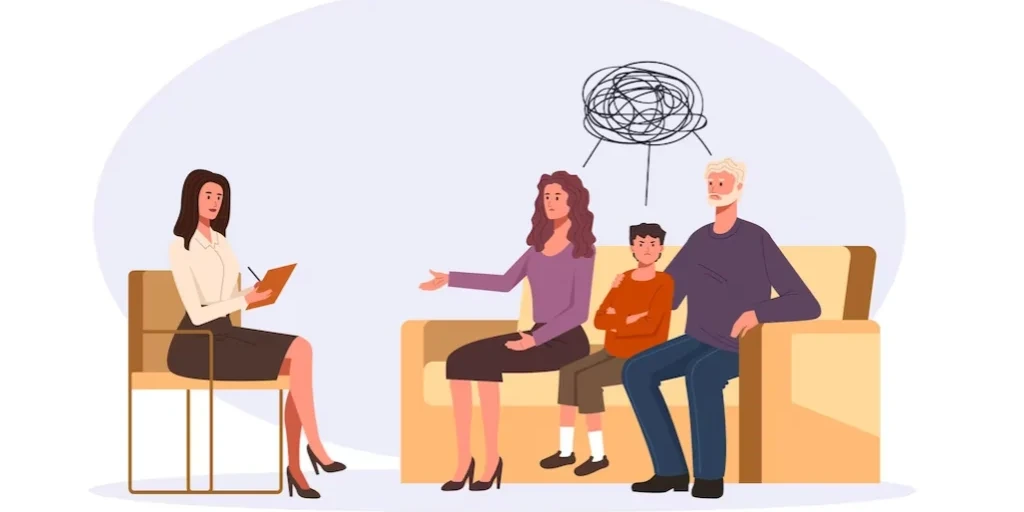24/7 Helpline:
(866) 899-111424/7 Helpline:
(866) 899-1114
Learn more about Aftercare Support centers in Gracewood
Aftercare Support in Other Cities

Other Insurance Options

Multiplan

Regence

American Behavioral

MVP Healthcare

Optum

Excellus

Health Choice

Kaiser Permanente

Magellan

UnitedHealth Group

Private insurance

WellPoint

UMR

BlueShield

Optima

BlueCross

Health Net

CareFirst

Group Health Incorporated

Cigna
































